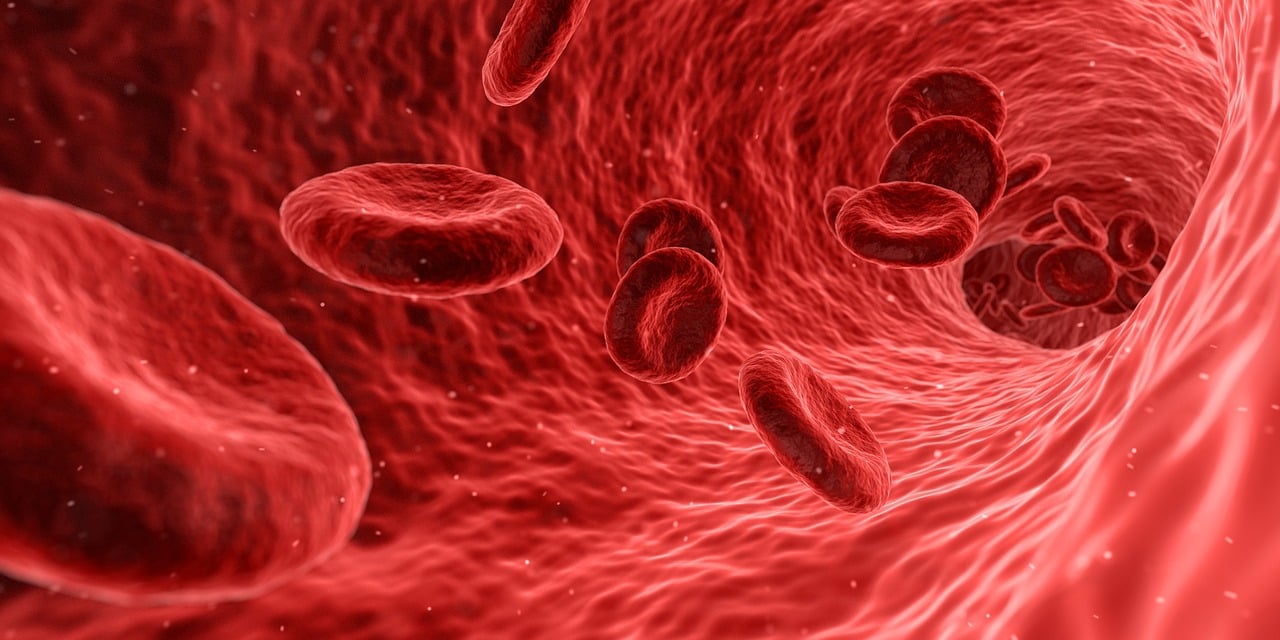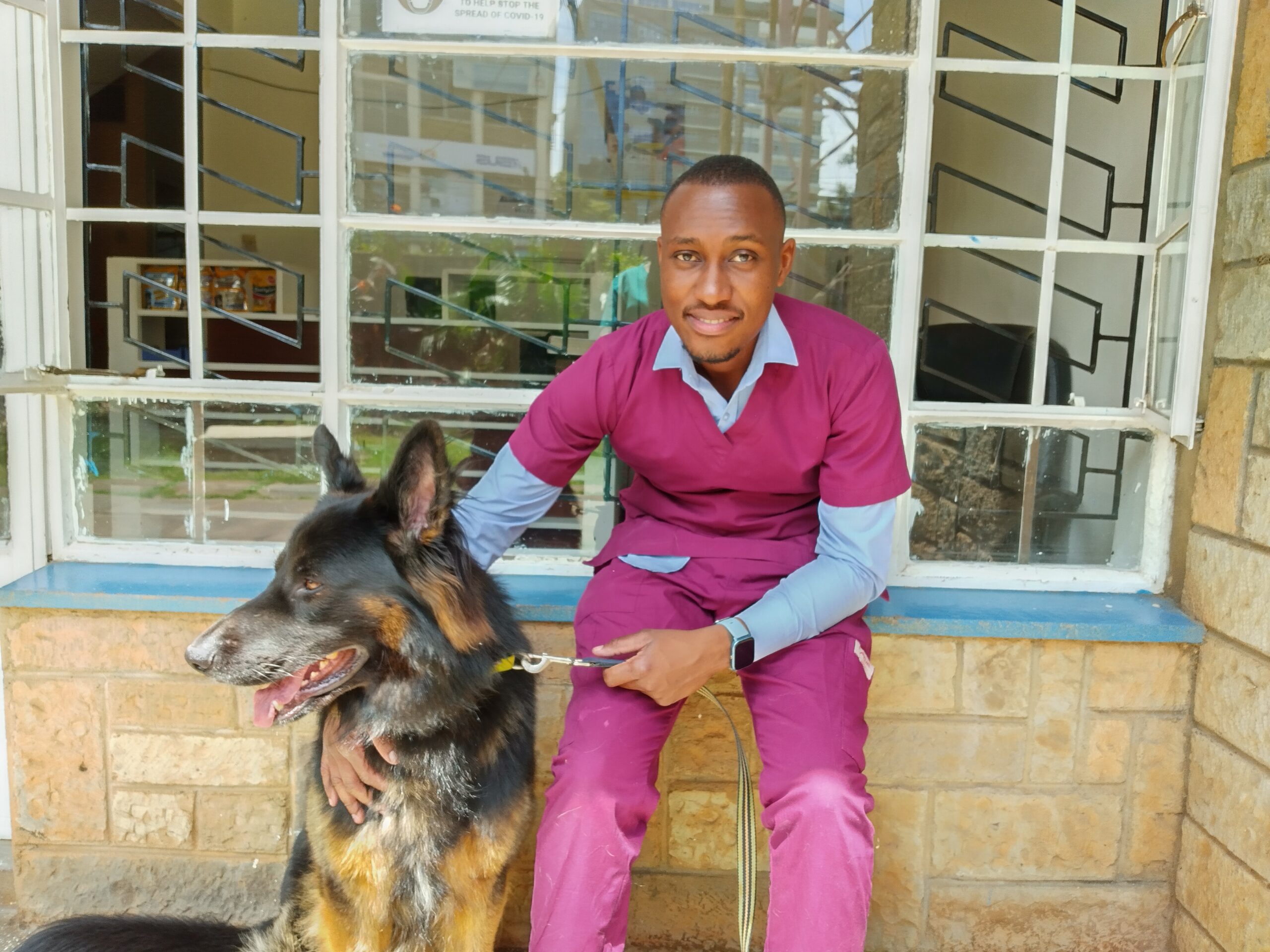The importance of pet pre-anesthetic blood work is an essential component of the pre-surgical evaluation process for pets undergoing anesthesia.At Ducknet Veterinary Clinic; It involves conducting various blood tests to assess the overall health status of the animal before any surgical procedure.
Here are some key reasons for the Importance of Pet Pre-anesthetic Blood Work
- Identify underlying health conditions: Blood work helps detect any underlying health issues that may not be apparent during a physical examination alone. These could include organ dysfunction, infections, anemia, clotting disorders, or metabolic imbalances. Identifying these conditions beforehand allows the veterinarian to make informed decisions about anesthesia protocols and make necessary adjustments to ensure the pet’s safety.
- Evaluate organ function: Blood tests can provide insights into the functioning of vital organs such as the liver and kidneys. Anesthesia drugs are metabolized and eliminated by these organs, so evaluating their function is crucial for determining the appropriate anesthesia dosage and ensuring the pet can handle the procedure.
- Assess clotting ability: Some pets may have underlying clotting disorders that can increase the risk of excessive bleeding during surgery. Pre-anesthetic blood work can evaluate the clotting ability by measuring parameters like platelet count, clotting times, and clotting factors. This information helps the veterinarian take appropriate precautions and choose the right surgical techniques to minimize bleeding risks.
- Customize anesthesia protocols: Every pet is unique, and their response to anesthesia can vary. Pre-anesthetic blood work provides valuable information about the pet’s overall health, allowing veterinarians to customize anesthesia protocols based on individual needs. For example, if a pet has impaired liver or kidney function, alternative anesthesia drugs or adjusted dosages may be necessary to minimize the risk of complications.
- Enhance safety during surgery: Anesthesia always carries some degree of risk, and pre-anesthetic blood work helps identify potential risks early on. By understanding the pet’s health status, the veterinarian can take appropriate measures to mitigate those risks, such as choosing alternative anesthesia drugs, adjusting dosages, or providing additional support during and after the procedure. This approach enhances the safety of the pet during surgery.
- Early disease detection: In some cases, pre-anesthetic blood work may reveal previously undiagnosed diseases or conditions. These could include kidney disease, liver disease, diabetes, or infections. Detecting such conditions early allows for timely treatment and can have a positive impact on the pet’s overall health and well-being.
Overall, pet pre-anesthetic blood work is crucial in assessing the pet’s health status, identifying potential risks, customizing anesthesia protocols, and enhancing the safety of surgical procedures. It allows veterinarians to make informed decisions, minimize complications, and ensure the best possible outcomes for pets undergoing anesthesia.
Contact Ducknet Veterinary Clinic Today for blood work on +254748299714







